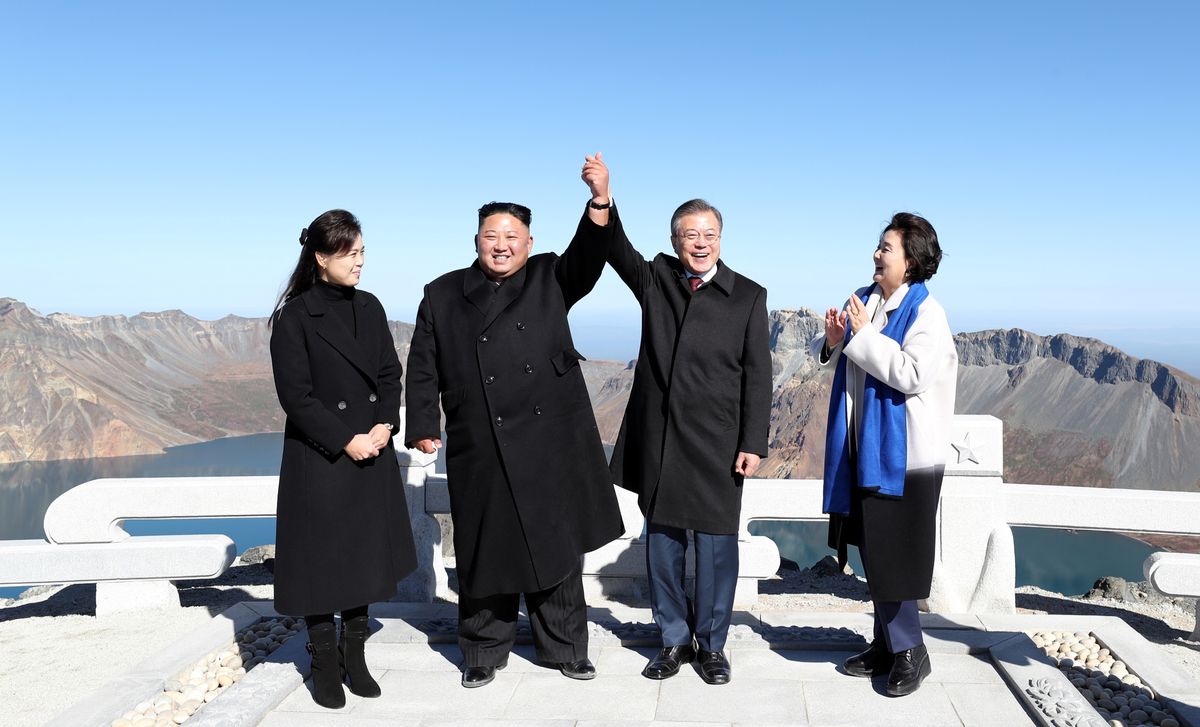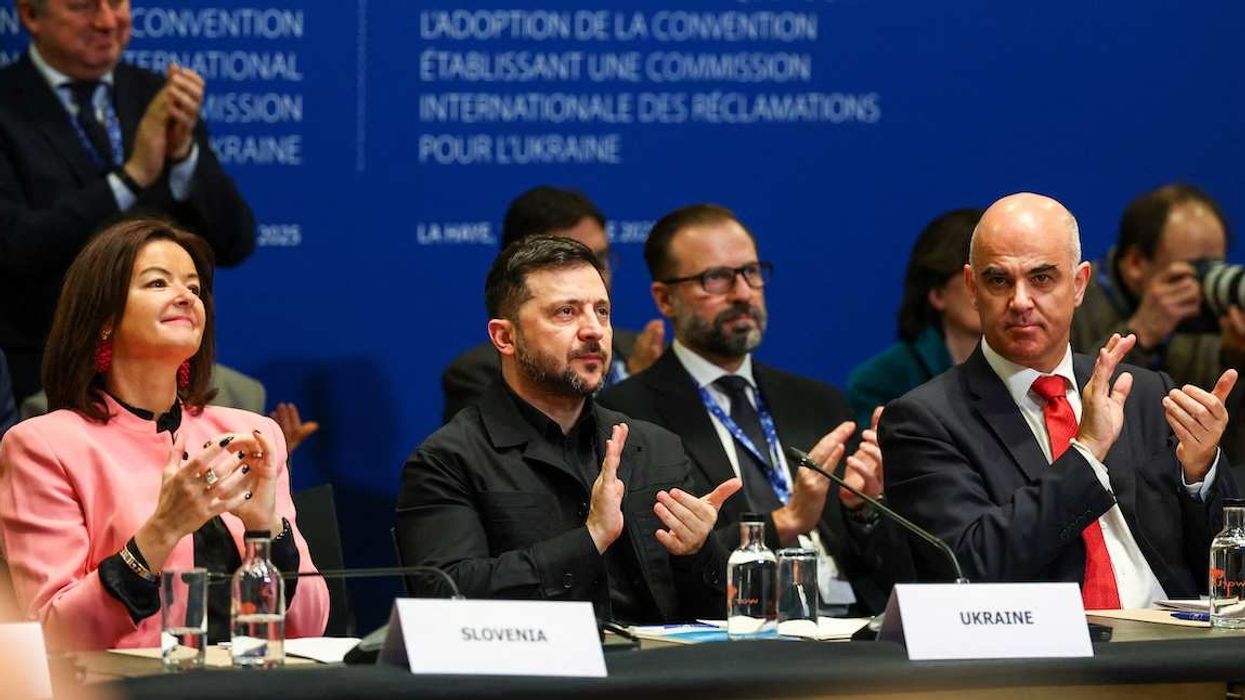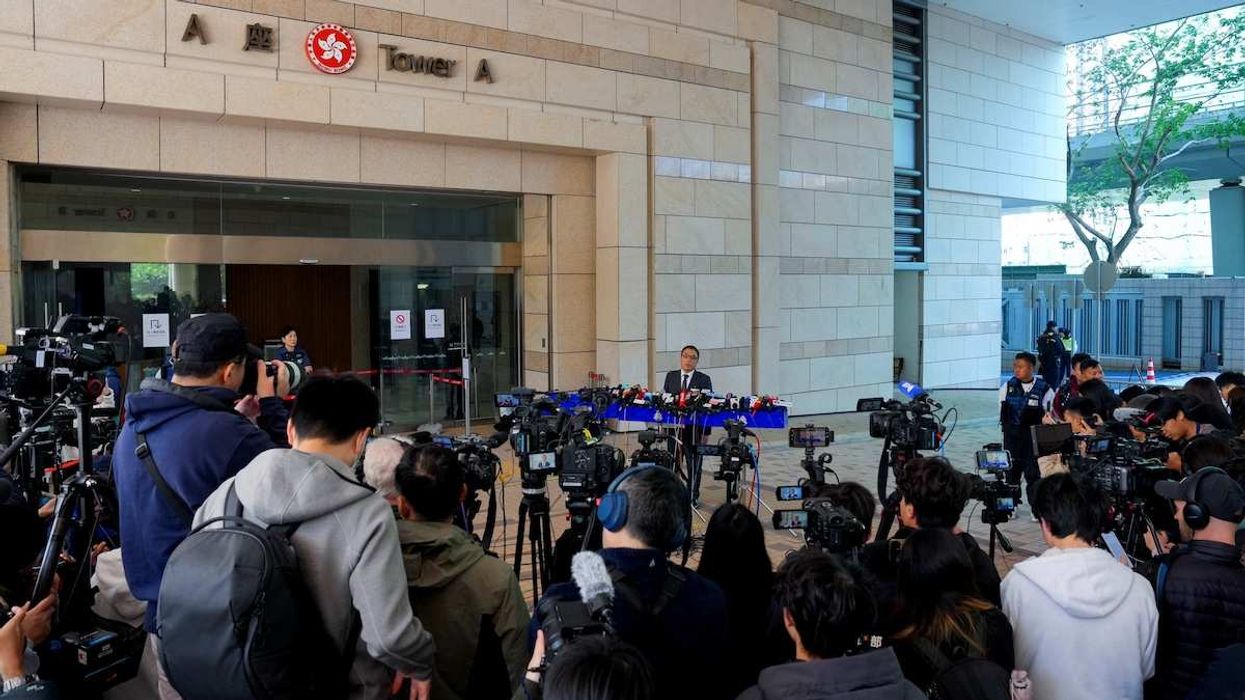You may have read that North Korean leader Kim Jong-un used his grand summit with South Korean President Moon Jae-in in Pyongyang this week to make some new promises regarding his nuclear program. Kim now says he will allow foreign experts to watch as North Korea shuts down key missile facilities. Moon says Kim wants denuclearization soon and another meeting with Trump. US Secretary of State Mike Pompeo said that, “on the basis of these important commitments" the US is "prepared to engage immediately in negotiations.”
Now read the fine print.
Kim suggested these and other actions will happen only if the US takes “reciprocal action.” But the US side has made clear that steps toward denuclearization must begin with foreign experts traveling throughout North Korea to create a comprehensive inventory of all nuclear and other weapons programs. US “reciprocal action” won’t amount to much until Kim takes this (highly unlikely) step.
That said, diplomacy is far from an impasse, mainly because everyone involved wants it to continue, even if they disagree about what that means. Donald Trump has staked considerable credibility on his relationship with Kim. North Korea’s strongman knows that diplomatic dialogue can delay the day when Trump will again threaten military action. South Korea’s Moon needs the popularity boost at home that comes with perceived progress. And Xi Jinping has enough to worry about without a return to threats of war.
For now, we can expect more summits, more handshakes, more promises, and little else.



















